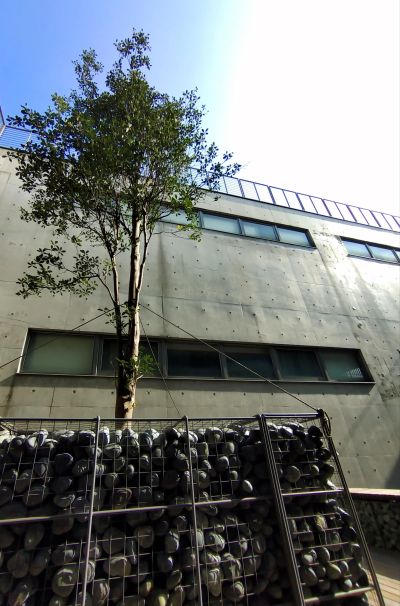Special Topics
Can Practicing Repentance Make Life Go Smoothly, Going Forward?

Everyone hopes that every day would be a good day, and life would always be smooth sailing. Yet, what does it mean to live an easy life? Our modern lifestyle is excessively tense and busy, which often leads to physical and mental strain. Most people are hardly relaxed. If we could live with peace of mind every day and not allow mental troubles to interfere with our sleep and digestion, surely we would live a tranquil and happy life. Though a good life seems natural, it is not so easy to achieve in reality.
We Reap What We Sow
Inevitably, we encounter various setbacks and difficulties in our family, career, health and relationships. All these tribulations, dissatisfactions, and obstructions are the results of bad karma we have made, intentionally or unintentionally, in the past. Many people do not understand the concept of cause and effect, let alone the workings of karma. They blame everyone and everything but themselves, once karmic results manifest. They think: "Why is everyone else immune from troubles and only I encounter such things? This world is really unfair!"
In fact, all phenomena in this world are fair. Although the expression "We reap what we sow" seems to be a cliché, it is the truth. That is, "If one wants to know the past, one need only look to this present life." A specific cause leads to a specific effect, which can in turn be deduced from cause to effect. That is to say, what is "present" is the effect rather than the cause. Yet, karmic cause and effect is not so straightforward. At the time we accept the karmic results, we are simultaneously sowing karmic causes. That is, "if one wants to know one's future, one need only look into one's present actions."

Thinking that the "past" is the cause while the "present" is purely an inevitable effect, is a form of fatalism. It is not Dharma. The concept of Dharma encompasses cause and condition, as well as cause and effect. This entails that there are both passive and active conditions. For example, being forced to pay back one's debts is a passive condition; on the other hand, donating money for disaster relief is an active condition. The positive spirit of Dharma lies in the ability to turn passivity to activity, so that one no longer simply submits to karmic retribution.
Fate Is In Your Own Hands
If one presently experiences good fortune, he or she must have performed good deeds in the past. On the other hand, if one presently experiences ill-fortune, he or she must have committed bad deeds in the past. Good luck in the future must come from the good deeds one has performed, in addition to working diligently in the present. Conversely, bad luck in the future must derive from bad deeds one has done, compounded with present idleness. Destiny is the result of our past, present and future combined. Based on our current behavior, good or bad, diligence or laziness, bad luck could be transformed; and yet, by the same token, good luck may disappear as well.
In Buddhism, to repent of karmic obstructions is to encourage people to bear the responsibility for their own problems, which could eventually extend to even bearing others' problems. Since they can take up responsibility, they will have the courage and confidence in practice and clearly know the right path of life: that is, "Create no evil, cultivate all good, and purify the mind. These are the teachings of the Buddha." In this way, one would feel peaceful and cultivate favorable outcomes while performing any task.
Resource:
50 Questions on Repentance Prostration Practice(拜懺50問), Dharma Drum Publishing Corporation
